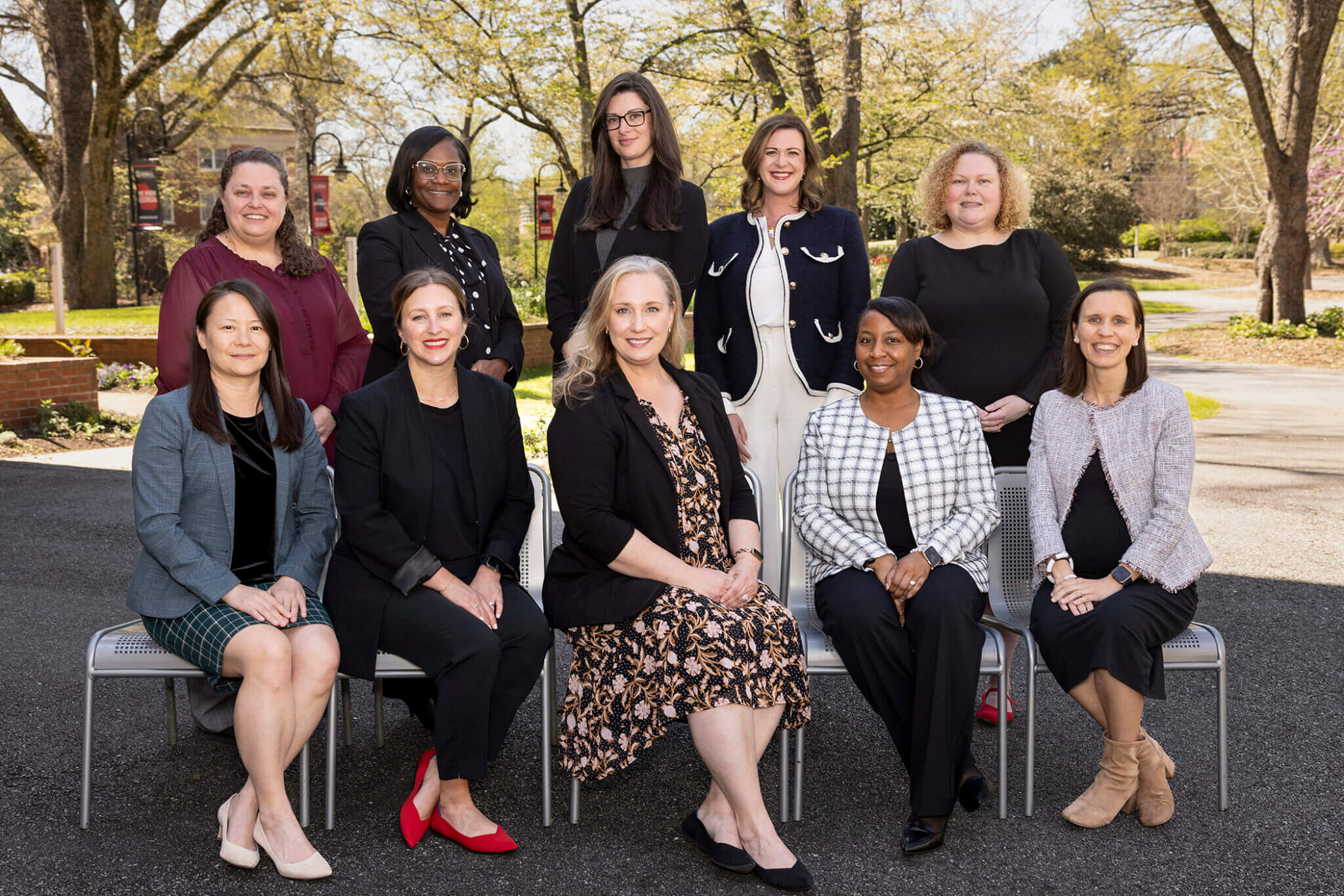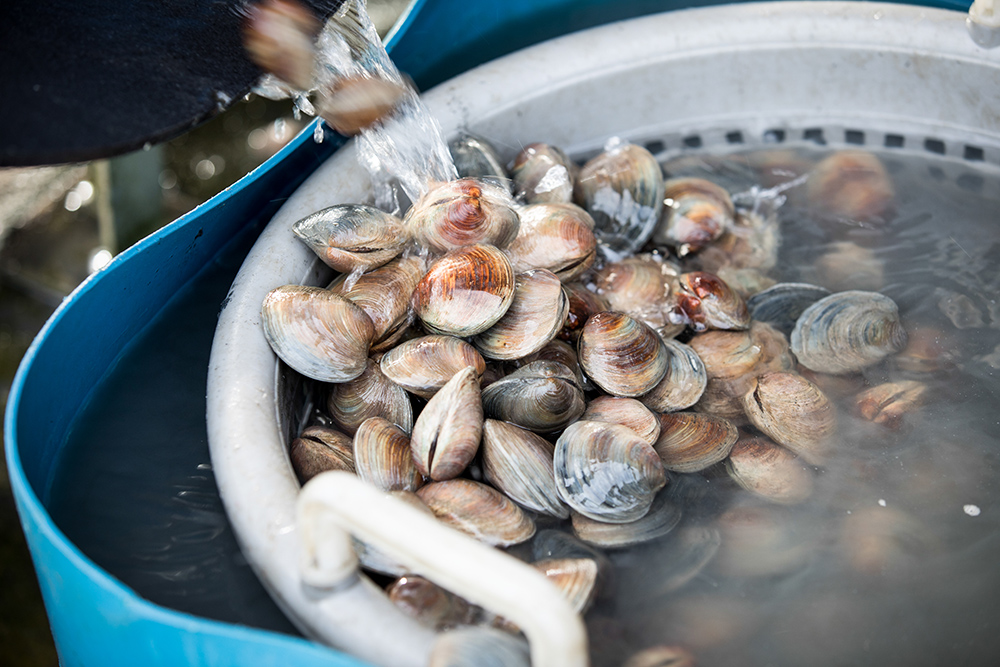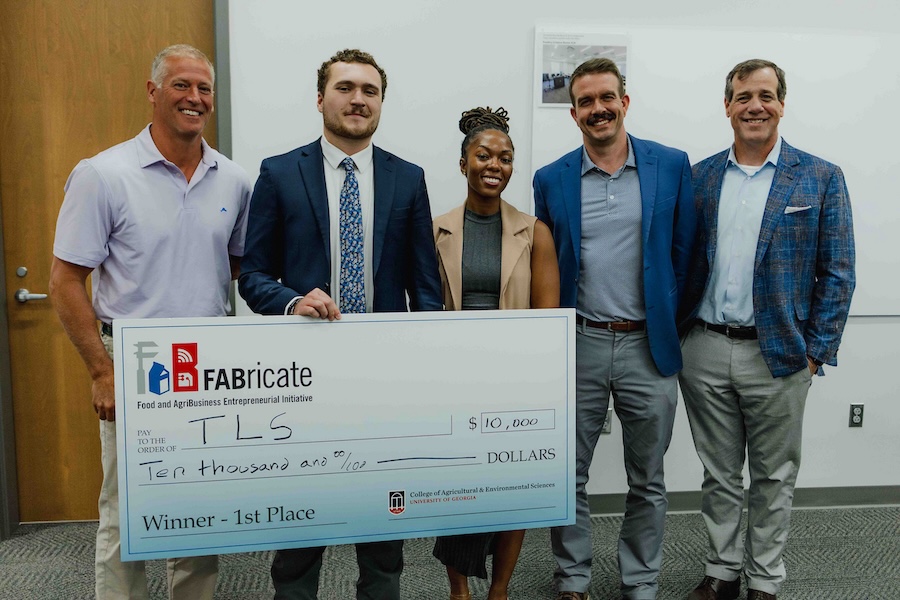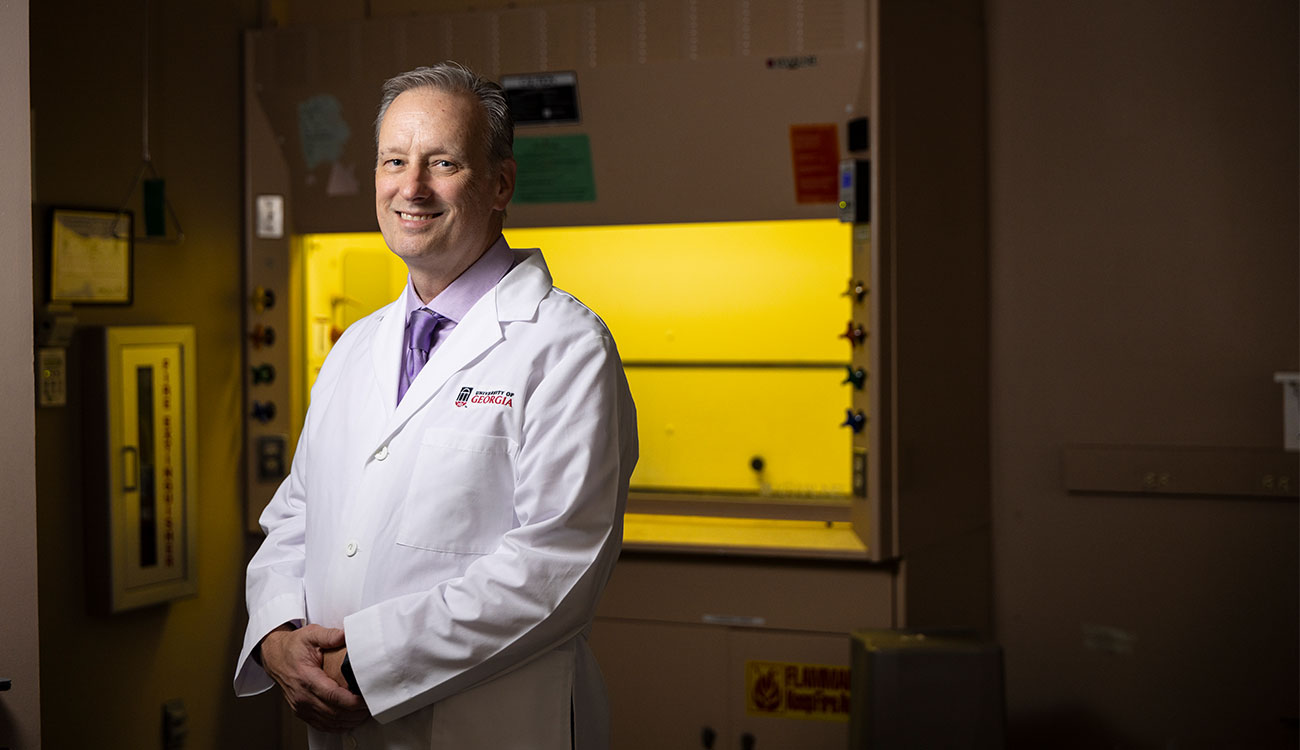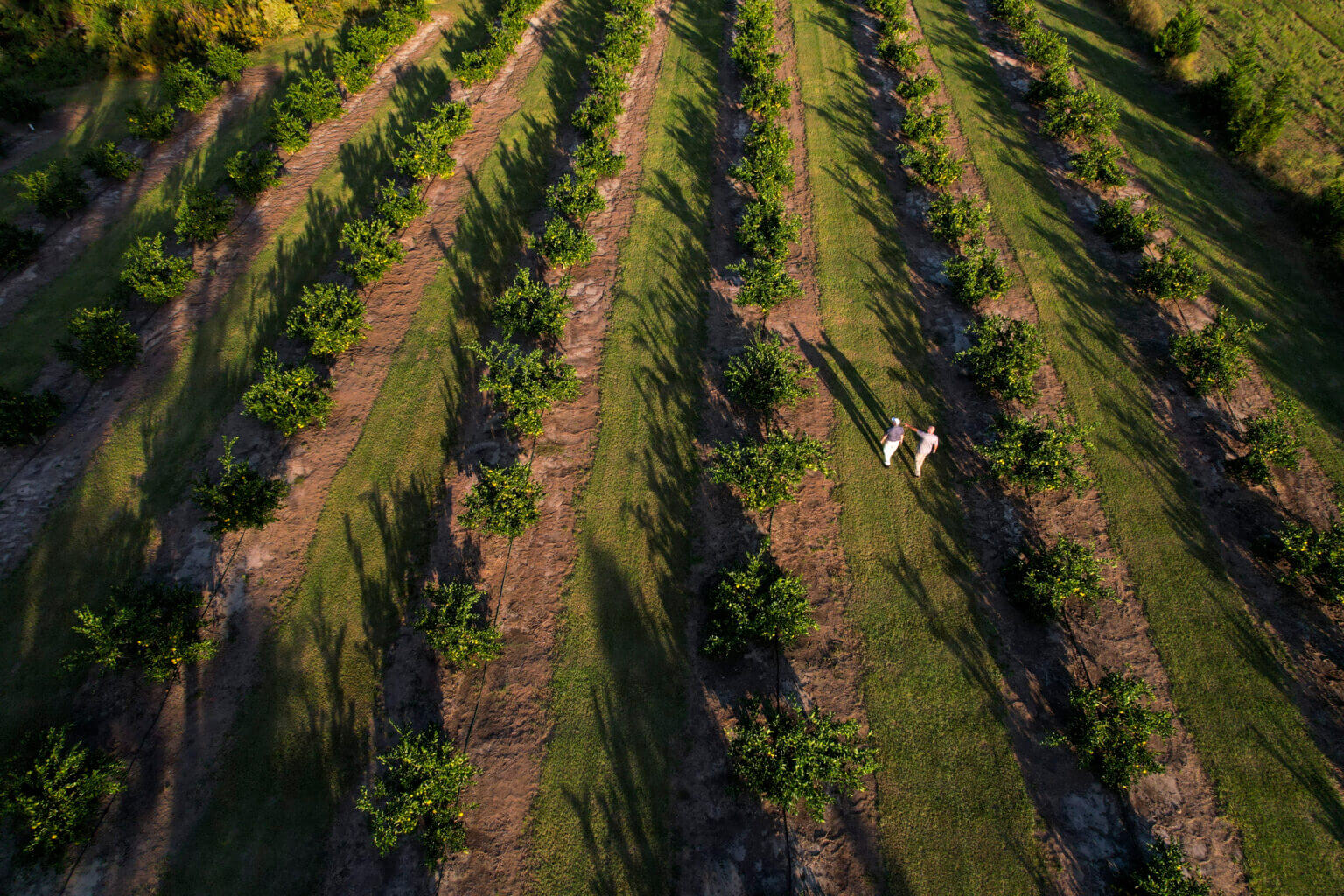 CAES News
CAES News
Community science counts: Census meets storytelling
Six years after founding the Great Southeast Pollinator Census, Becky Griffin held something remarkable in her hands — a children’s book inspired by the project she built from the ground up. "The Great Pollinator Count," written by Susan Richmond and published by Peachtree Publishing, is set to hit physical and digital bookshelves on April 15. The book celebrates the power of community science, pollinator conservation, and the educators and students who bring it all to life.




